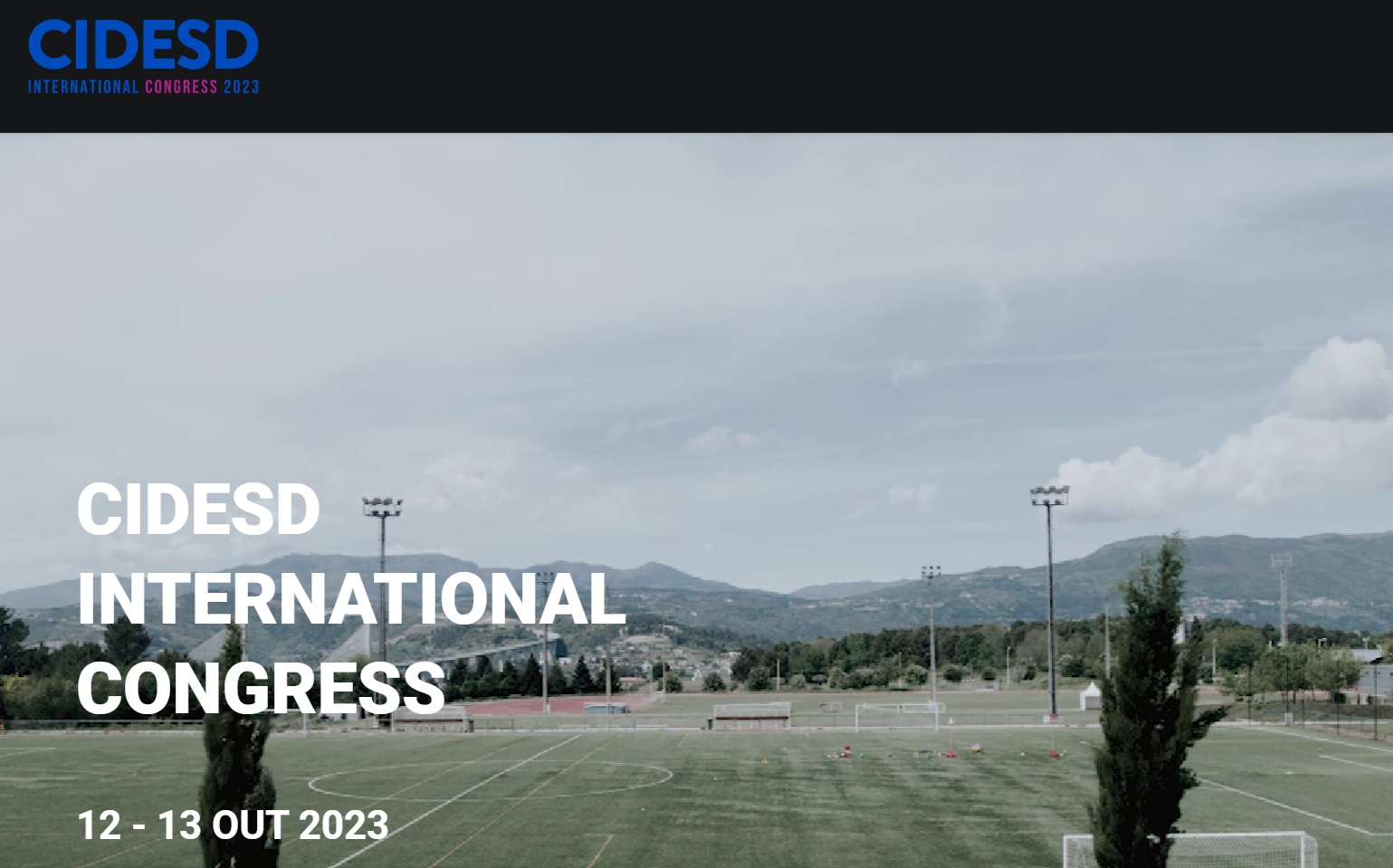Water Competence and Physical Education: Perception and Real – A Field Assessment Methodology on the Portuguese Azorean Islands
DOI:
https://doi.org/10.6063/motricidade.31486Palavras-chave:
Drowning prevention, Water Safety, Swimming Lessons, Water Competence, Physical EducationResumo
Drowning is responsible for about 372000 deaths per year around the world (OMS, 2014). Nowadays, Swimming Instruction is considered a relevant preventive measure for drowning. However, the act of swimming by itself does not ensure the victim with full protection, thereby this study embraces the concept of Water Competency because it includes swimming competencies, awareness, attitude and risk management. Based on a series of studies called “Can you Swim? Survey” (Moran et al., 2012), it was established an evaluation protocol on Perceived Water Competency (PWC), Real Water Competency (RWC) and Risk Management (RM) adapted to the Portuguese reality, focused especially in the Azorean educational context. Aside from these competencies evaluation, the protocol also describes the environmental and sociocultural influences and the Physical Education subject and Sports on the development of water competencies. This work aims to bridge the gap of a standard evaluation methodology of Water Competency (WC). Adding a set of tasks and an effective review of the obtained results, the present methodology allows the classification of groups of students into approved/not approved as an essential precondition of the activities/categories' safe execution in the nautical area. It is also presented a dissemination of the tools constructed and established partnership’s methodology. A pilot application was carried out in a group of students (n = 115) with an average age of de 14.58 years, for both genders. This test sample belongs to six geographically balanced schools in São Miguel Island – Azores. The obtained results suggest that participants in this study were unable to accurately predict their actual swimming and survival skills, and no significant differences were evident in perceived or actual competency by gender. It was proven that regular informal exposure affects some of the tested competencies. However, the Physical Education classes swimming lessons variable was responsible for the bigger differences. In the end, we checked that formal Competitive Swimming lessons are the variable that shows a bigger influence in the PWC, in particular on the perceived activities of “maximum distance swam in 15 minutes” (Mann-Whitney U = 739, p = 0.000), “100 m backstroke” (Mann-Whitney U = 699, p = 0.000) and “dive entry headfirst” (Mann-Whitney U = 963, p = 0.010); in RM on the: “caught in a rip current at beach” (Mann-Whitney U = 972.5, p = 0.029) and “chased toy into the deep end of a swimming pool” (Mann-Whitney U = 957, p = 0.022); and in RWC on the activities: “maximum distance swam in 15 minutes” (Mann-Whitney U = 777, p = 0.000), “underwater swimming” (Mann-Whitney U = 963.5, p = 0.023), “100 m backstroke” (Mann-Whitney U = 712, p = 0.000) and “2 m surface dive” (Mann-Whitney U = 921.5, p = 0.012). Thereby, when having a major exposure combined with organised water safety or swimming lessons, the RWC increases. This work highlights the importance of proper conditions to maximise exposure and aquatic education amongst young people, leading to the prevention of drowning.
Downloads
Publicado
Edição
Secção
Licença
Os autores dos manuscritos submetidos para publicação deverão ceder, a título integral e permanente, os direitos de autor (copyright) à revista Motricidade e às Edições Sílabas Didáticas. A cedência de direitos de autor permite a publicação e divulgação do artigo em formato impresso ou eletrónico e entrará em vigor a partir da data de aceitação do manuscrito. Os autores concedem, ainda, os direitos para a revista Motricidade utilizar e explorar o respetivo artigo, nomeadamente para licenciar, ceder ou vender o seu conteúdo a bases de resumos/indexação ou outras entidades.
Nos termos da licença “Creative Commons”, os autores poderão reproduzir um número razoável de exemplares para uso pessoal ou profissional, mas sem fins comerciais. Nos termos da licença SHERPA/RoMEO, os autores poderão, ainda, disponibilizar/arquivar uma cópia digital final (versão postprint) do artigo no seu website ou no repositório científico da sua instituição.


